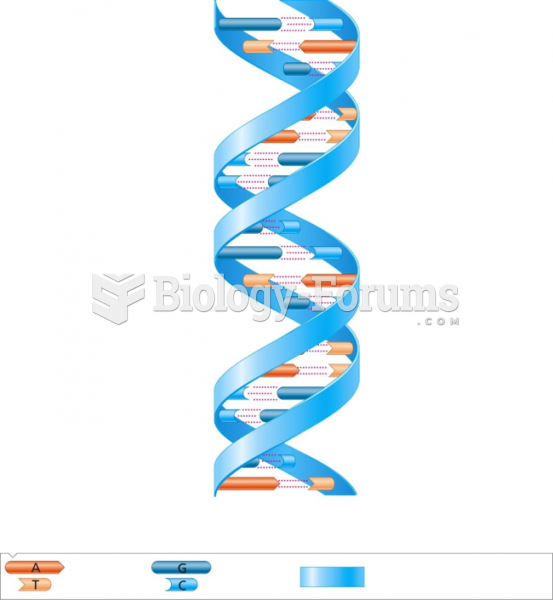|
|
|
According to animal studies, the typical American diet is damaging to the liver and may result in allergies, low energy, digestive problems, and a lack of ability to detoxify harmful substances.
Historic treatments for rheumatoid arthritis have included gold salts, acupuncture, a diet consisting of apples or rhubarb, nutmeg, nettles, bee venom, bracelets made of copper, prayer, rest, tooth extractions, fasting, honey, vitamins, insulin, snow collected on Christmas, magnets, and electric convulsion therapy.
In most cases, kidneys can recover from almost complete loss of function, such as in acute kidney (renal) failure.
Asthma cases in Americans are about 75% higher today than they were in 1980.
About 100 new prescription or over-the-counter drugs come into the U.S. market every year.







